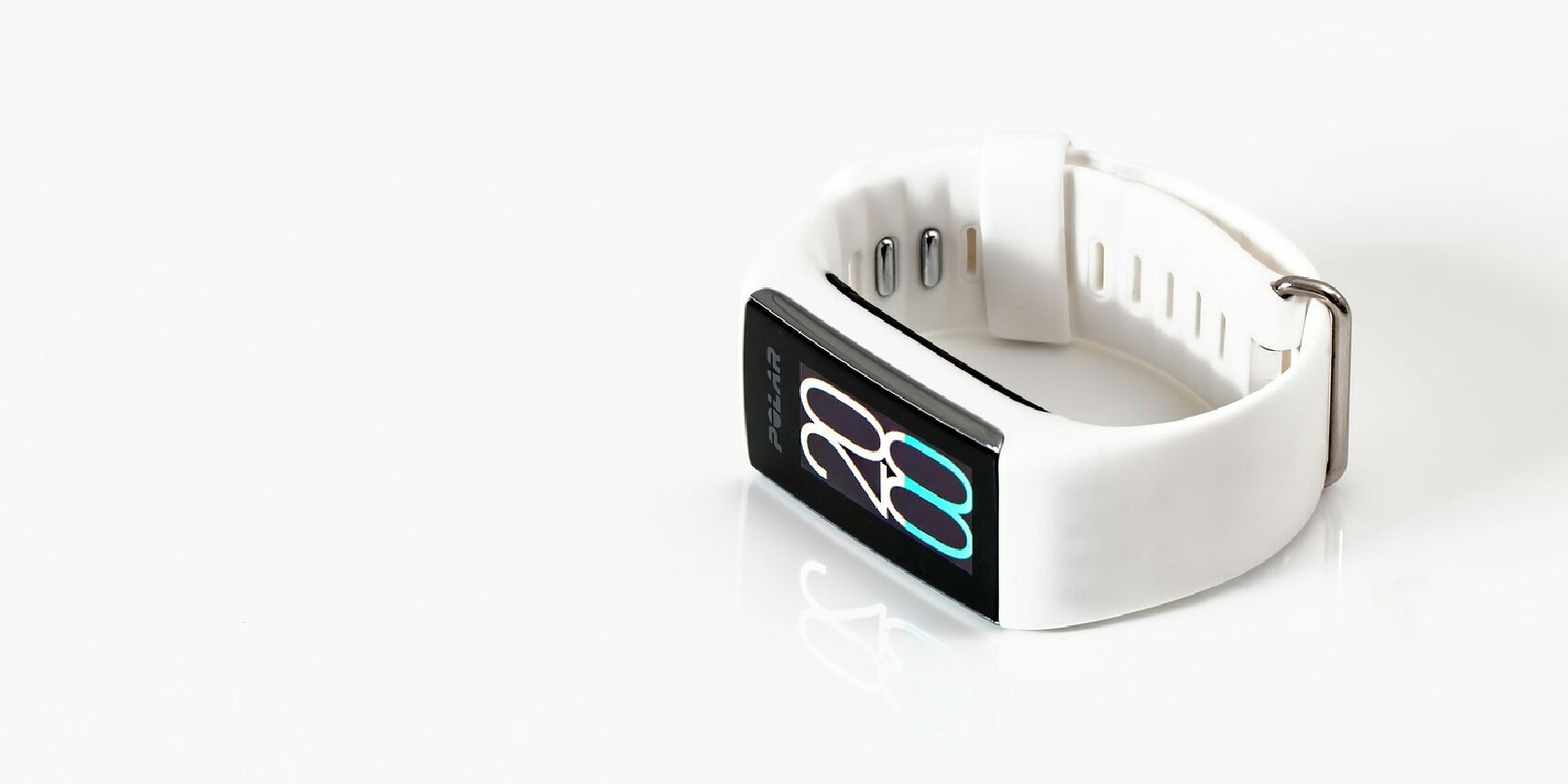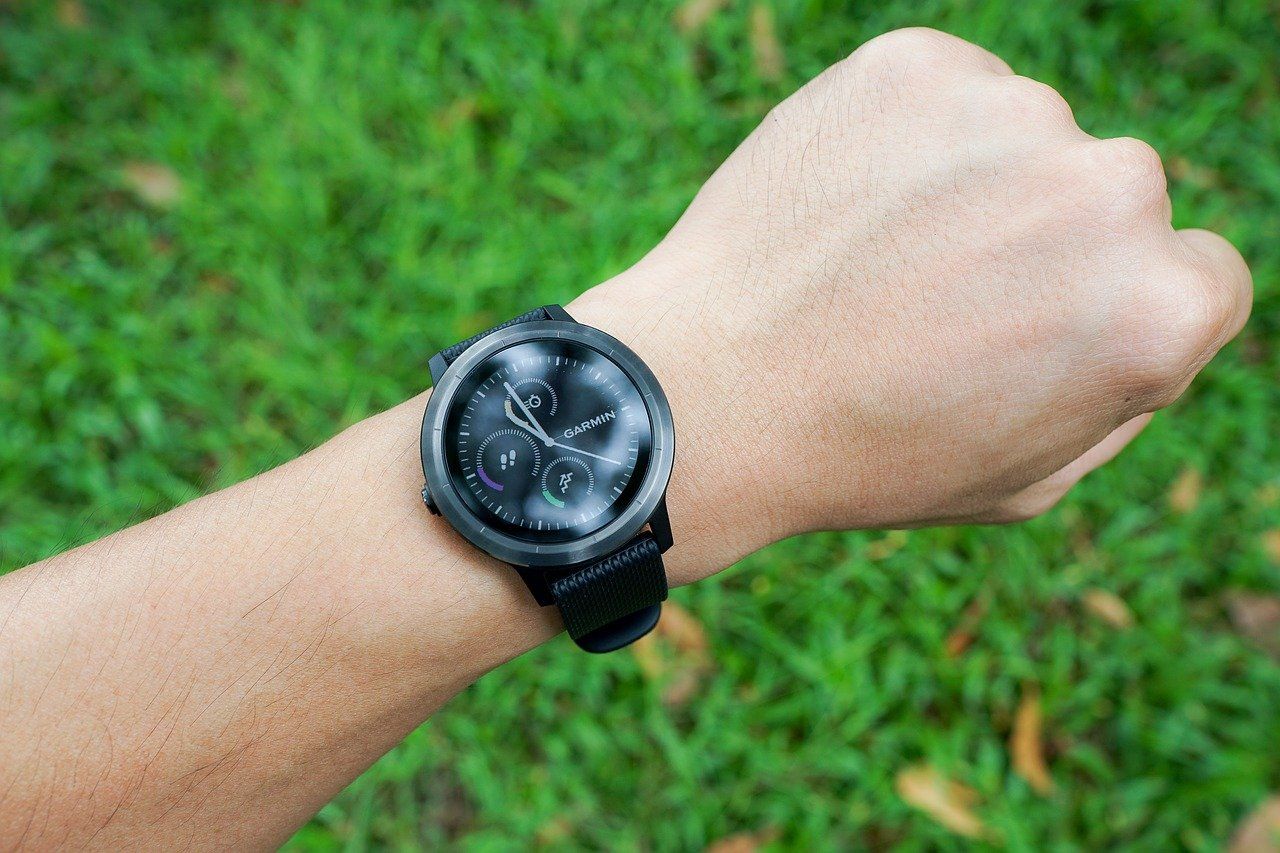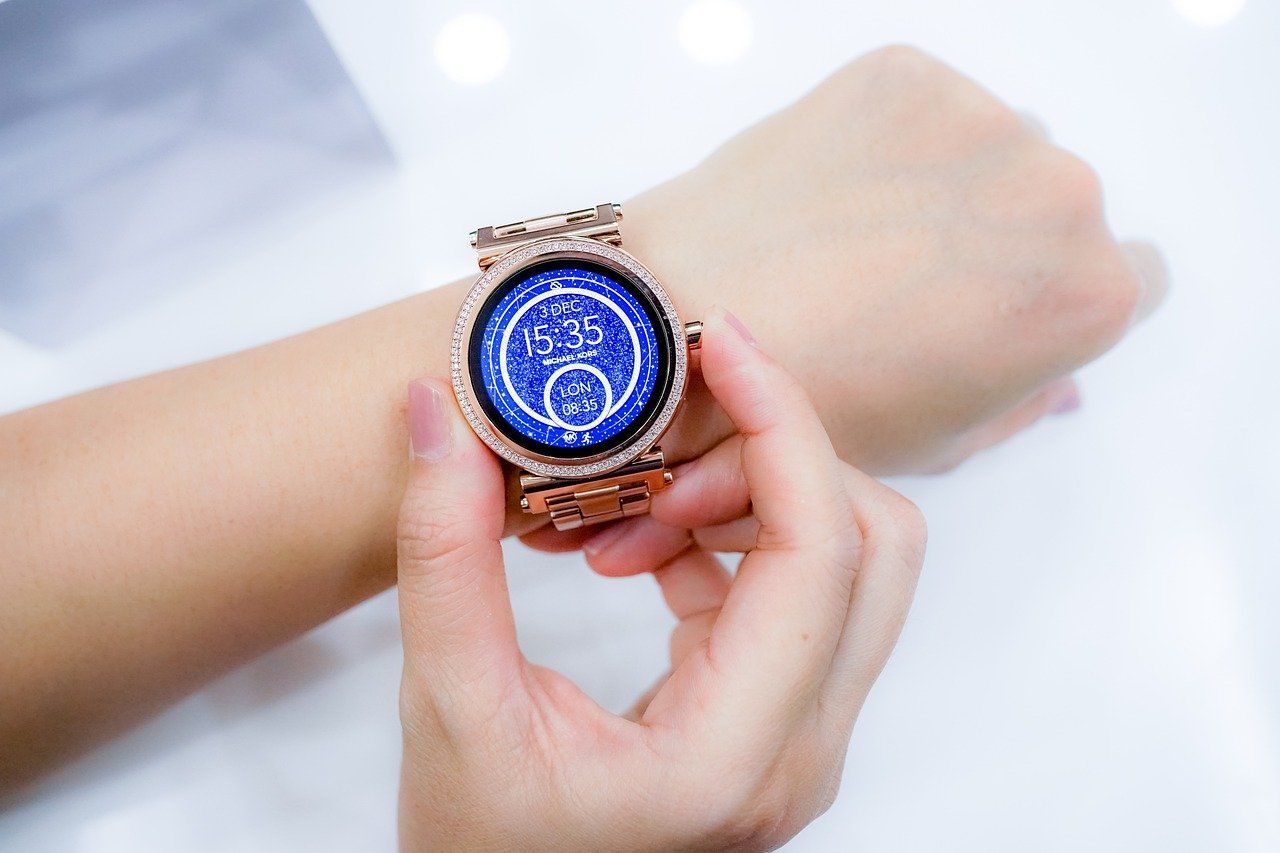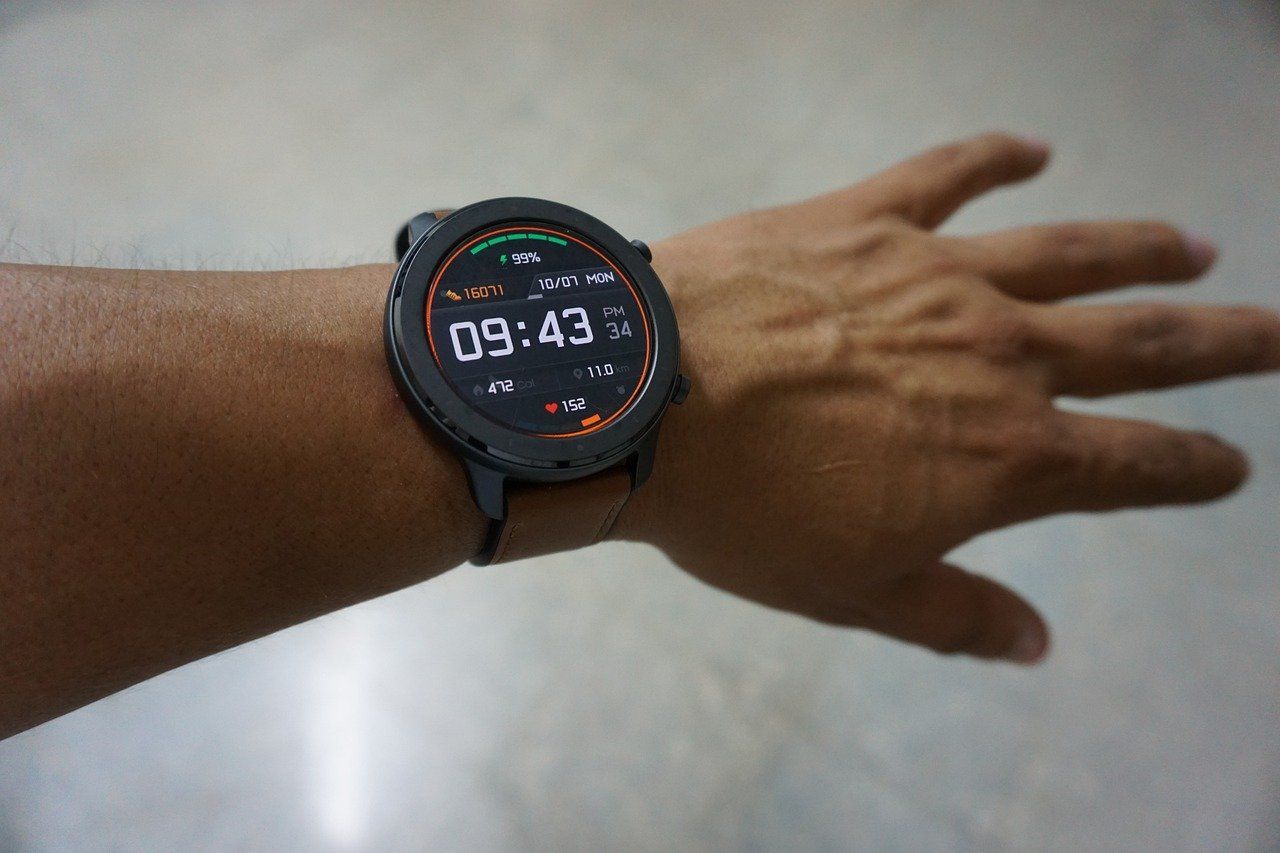Smartwatch technology has improved a lot in recent years, and they've also become a lot more popular. But, at the same time, they haven't yet become must-have accessories.
A smartphone is now the obvious choice if you want a new phone. But most people are still happy with traditional watches for telling the time.
So, here's why smartwatches are useful—but why you don't actually need one.
Why Do People Buy Smartwatches?
Smartwatches take many of the useful features found in a smartphone and put them on your wrist. They can be used to receive notifications, make and receive phone calls, and access a wide range of apps.
They are often equipped with sophisticated fitness trackers that can analyze every movement you make, and some of the apps are genuinely useful.
For example, you can call an Uber from your wrist, keep track of daily to-do lists, and listen to audiobooks. In fact, you'll find that most popular smartphone apps now have smartwatch versions.
The newest models are also pretty stylish. And the wide selection of different faces means that you will never get tired of how they look.
10 Reasons You Probably Don't Need a Smartwatch
There's no shortage of happy smartwatch owners. But these devices are far from perfect. If you're thinking about buying a smartwatch, here are ten reasons you might want to save your money.
1. Smartwatches Are Overpriced
The most popular smartwatches cost $200-300. This is pretty reasonable when compared to other watches. But it's terrible value when compared to a smartphone.
For the same price, you can purchase a mid-range smartphone. The phone will have a bigger screen, higher specs, better functionality, and a built-in camera.
Smartwatches have their benefits, but in terms of value for money, there is no comparison.
2. Smartwatches Need Regular Charging
Most smartwatches need charging every one or two days. This is understandable given the functionality but it's something you should think about if you're planning on replacing a traditional watch.
Having a smartwatch means one more electronic device that you'll need to keep charged. And if you forget, your new watch won't even be able to tell time.
3. A Fitness Tracker Might Be More Practical
Smartwatches are designed to be used as fitness trackers. They achieve this goal, but there's a reason that many people opt for a dedicated device instead.
Fitness trackers are significantly cheaper, often much smaller, and usually have much longer battery lives. For example, some fitness trackers last for up to 30 days without a charge.
If you're looking for a device that can track your activity 24 hours a day, a smartwatch might, therefore, not be the best choice.
4. Smartwatches Are Not Convenient for Phone Calls
Smartwatch technology is improving all the time, but they're not yet convenient for making phone calls. It's easy to argue that they never will be.
Holding your wrist to your ear is never going to be comfortable, and until everybody changes their mind about this, you're always going to look pretty strange doing so.
Smartwatches do work well with hands-free headsets, but the benefit of a watch over a phone in this scenario is debatable.
5. Constant Notifications Aren't Always Helpful
Smartwatches provide access to notifications at a turn of the wrist. This is ideal if you are often in situations where you cannot use a phone. It's also useful if you need access to breaking news.
But most people don't need or want such constant access to updates.
Never-ending notifications can be harmful to both productivity and mental health. Smartwatches make it possible never to miss another notification. But this isn't necessarily a good thing.
6. You Still Need to Have Your Phone With You
Some people purchase smartwatches hoping to leave their phones at home. Unfortunately, this usually isn't practical.
Some smartwatches have sim card slots, but most don't, meaning you cannot make or receive a phone call without having your phone nearby.
The majority of smartwatch apps also cannot be installed without a paired smartphone app.
7. Smartwatch Screens Have Limited Functionality
Smartwatch screens are getting sharper. But given the constraints of the form factor, there's a limit to what it can achieve.
Text input is highly inconvenient, with most applications relying on speech input instead. And most notifications provide limited information.
Many smartphone apps are therefore only useful when combined with their phone-based counterparts.
8. Fitness Tracking Is Sometimes Unreliable
Fitness tracking is a relatively new concept. This means that the data that you receive from them isn't always entirely accurate.
Data tracking issues apply to both smartwatches and fitness trackers. They can give you a lot of information that you wouldn't otherwise have. But the accuracy of that data is not something that anybody's health should rely on.
9. Most Smartwatches Are Not Waterproof
Most smartwatches are marketed as "waterproof," but this usually means water-resistant, not that you can submerge them for a prolonged period. Before buying a smartwatch, it's a good idea to check the specific limitations.
Many smartwatches, for example, will be damaged by saltwater. This is in comparison to traditional watches that are often designed for swimming in the sea.
10. Smartwatches Are Not Available in All Sizes
All of the added functionality in smartwatches has to go somewhere. And this means that there's a limit to how small they can get.
If you have small wrists or you like watches with particularly small profiles, you might find it difficult to find a smartwatch in your preferred style.
There's also a limit to the number of classic styles that a digital display can replicate.
Should You Buy a Smartwatch?
Smartwatches are useful accessories, and many people who buy them end up happy with their purchase. Before buying one, however, it's a good idea to ask yourself what purpose it will actually serve.
Many of their functions are better performed by dedicated devices. And this makes a smartwatch good at many things but not perfect for any of them.




